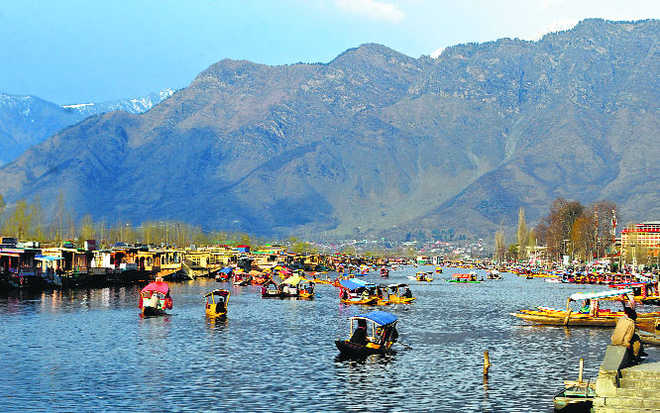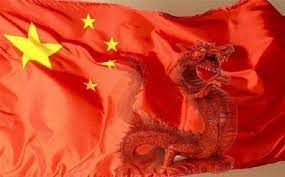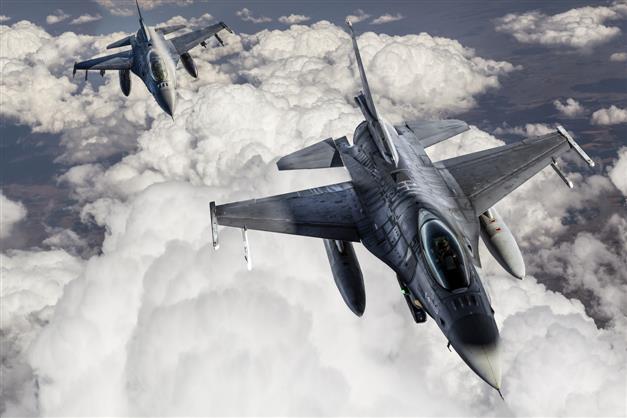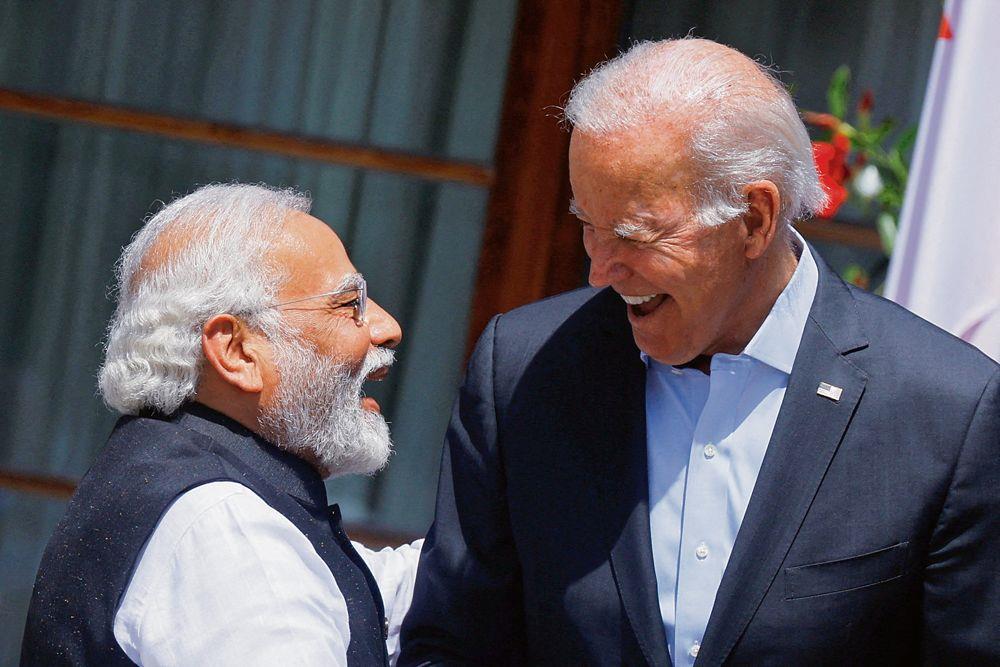
Indonesia’s continued interest in acquiring India’s BrahMos supersonic cruise missile was visible once again as the country’s top defence officials visited the Indian pavilion at the Indo Defence 2022 Expo and Forum which concluded in Jakarta today.
On Friday, Indonesian Defence Minister Prabowo Subianto held discussions on “future collaborations” with the Chief Executive Officer and Managing Director of the BrahMos Aerospace Private Limited (BAPL) Atul Dinkar Rane at the company’s stall.
Earlier, BrahMos officials explained the weapon system to the delegates from the Thai Armed Forces and also Air Chief Marshal Tanasak Metananta. General Siravuth Wongkantee, the Deputy Commander of the Thai Armed Forces, also familiarised himself with the BrahMos systems.
The Indo Defence 2022 Expo kicked off at three locations in the Indonesian capital simultaneously as the indigenously built Naval Offshore Patrol Vessel INS Sumedha made a port call at Sabang on Thursday as part of its regional deployment in the Indian Ocean Region (IOR).
The southeast Asian country has long been interested in equipping its forces with the world’s best and fastest precision-guided weapon developed through a joint venture between India (Defence Research and Development Organisation-DRDO) and Russia (Military Industrial Consortium Mashinostroyenia-NPOM).
As reported by IndiaNarrative.com earlier, starting 2023, India will begin equipping the Philippines with medium-range ramjet supersonic BrahMos cruise missiles making it the first foreign nation to acquire the missile weapon system.
As they signed the contract worth $375 million, both India and the Philippines realised the critical role the BrahMos deal will play to safeguard the Indo-Pacific region.
Considerable progress has been made in enhancing the level of cooperation in defence and security between New Delhi and Jakarta since Indonesian President Joko Widodo meeting with Prime Minister Narendra Modi during his visit to India in December 2016.
Two years later, Widodo expressed willingness to support India’s proposal to partner in the Malacca Straits Patrol as he met PM Modi at the Merdeka Palace in Jakarta during Indian PM’s first visit to Indonesia.
As part of the annual bilateral army exercise ‘Garuda Shakti’ and naval exercise ‘Samudra Shakti’, India has conducted specialised training for Indonesian army, navy and air force personnel.
The maritime interaction between both countries has expanded substantially with frequent port visits, participation in bilateral/ multilateral exercises and training exchanges.
In June this year, the 38th edition of India–Indonesia Coordinated Patrol (IND-INDO CORPAT) between the Indian Navy and the Indonesian Navy was held with the aim of keeping the IOR safe and secure for commercial shipping and international trade.
At the same time, efforts to augment defence industry cooperation have also witnessed an upswing since Tata Motors signed an agreement with Indonesian state-owned defence enterprise PT Pindad in 2016 for exploring areas for cooperation in joint design, production and marketing of military vehicles.
Various Indian companies such as L&T Defence, Ashok Leyland Limited, Bharat Forge, TATA Aerospace and Defence, MKU, Goa Shipyard Limited and Bharat Electronics Limited have interacted with Indonesian PSUs PT Pindad, PT Pal, PT LEN, PT Dahana and PT Dirgantara for collaborations.
Carrying the baton forward, Indian Ambassador to Jakarta Manoj Bharti also held discussions on Friday with Indonesia’s defence industry representatives and potential partners during the defence expo.







































































